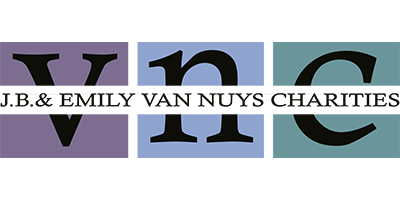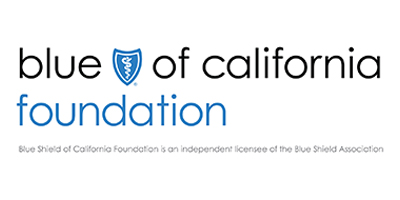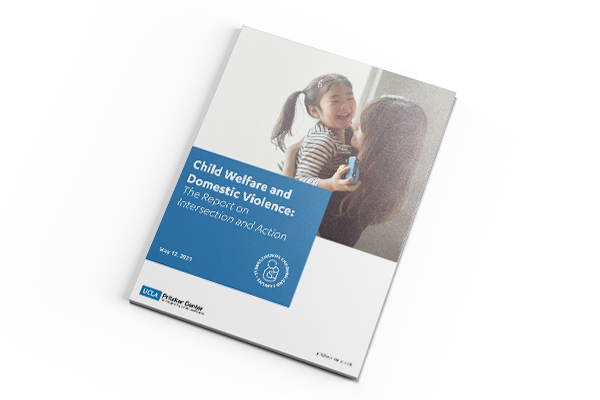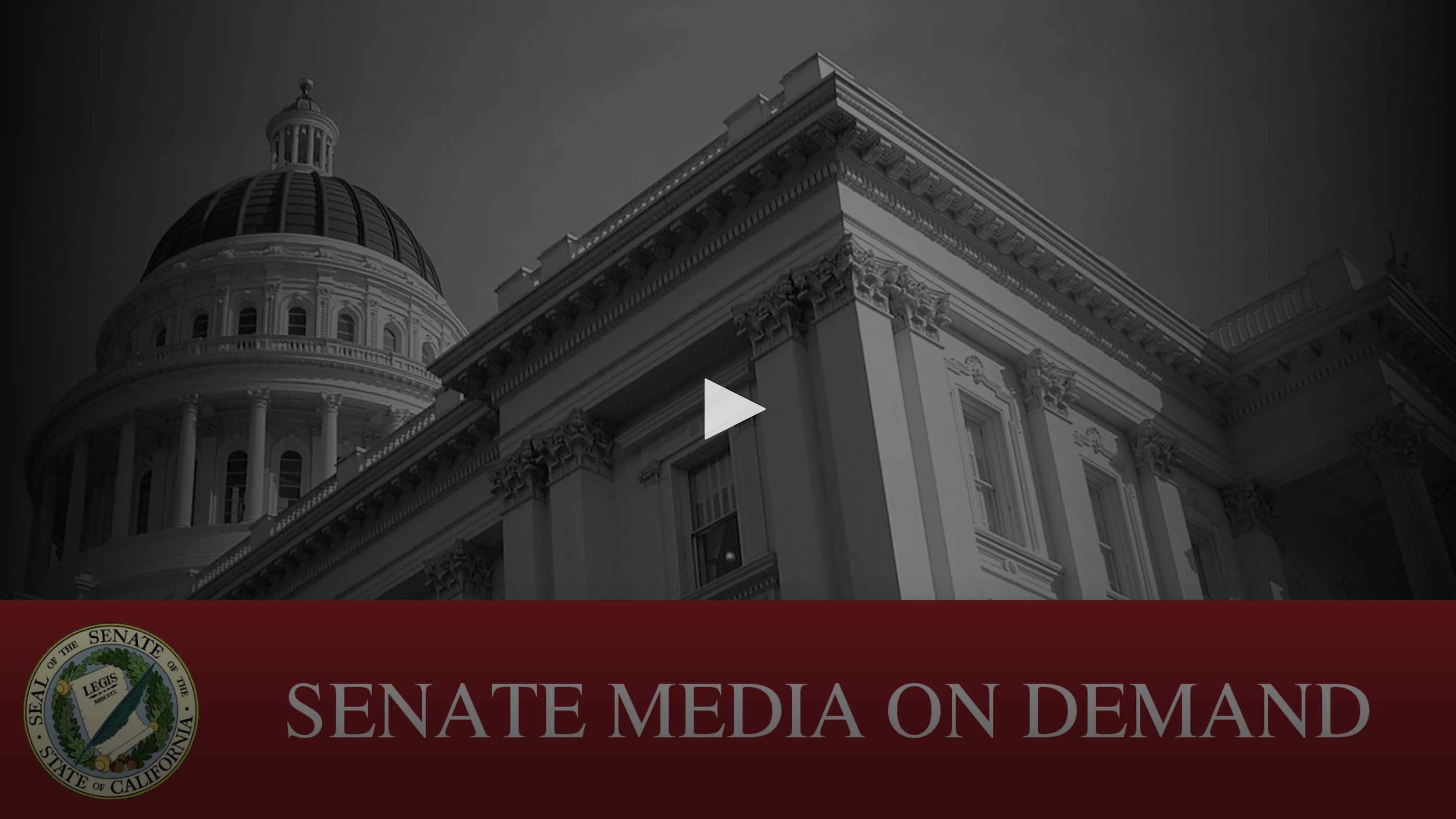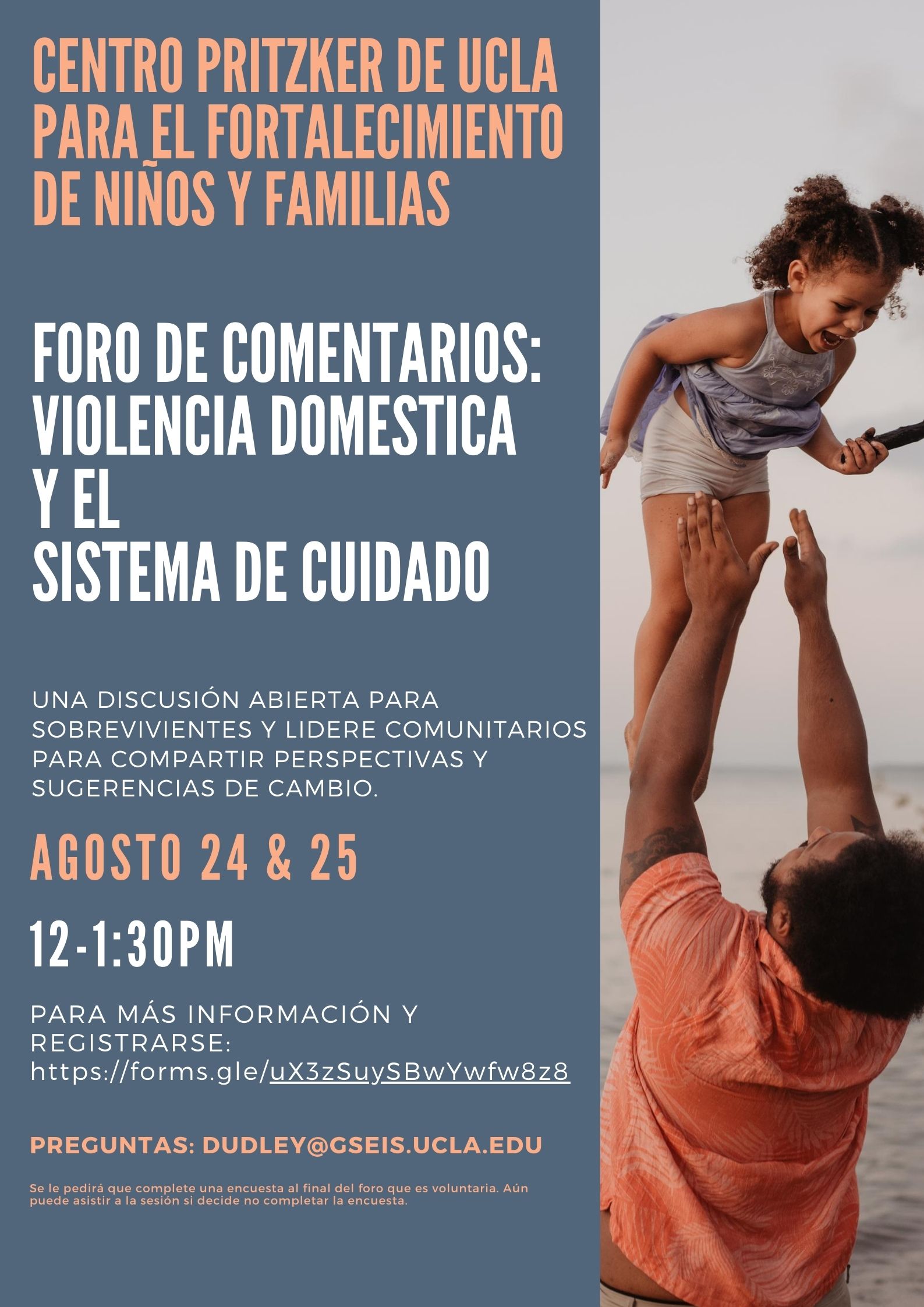Child Welfare, Public Health and Domestic Violence
Countless children enter foster care due to allegations of domestic violence in the home. Often, these allegations fall under a finding of neglect for failure to protect. Yet removing children from their homes and placing them in foster care for an isolated allegation of domestic violence can result in further trauma for both the DV survivor and the children, and result in other harms, particularly in diverse communities of color.
Our research explores the gaps in policy, practice, training, data collection and cultural competency where domestic violence and foster care merge, and proposes thoughtful solutions appropriate for local and national audiences.
In addition to listening sessions and a speaker series reflecting the lived experiences of survivors and those who work within the field, a report was published in spring 2021 and a virtual summit showcased this report.
The Interconnection Between Domestic Violence and Child Welfare in Los Angeles County
UCLA Pritzker Center is also a proud contributor to “The Interconnection Between Domestic Violence and Child Welfare in Los Angeles County: An Examination on Data, Training, and Policy” report published by the Los Angeles County Domestic Violence Council, Department of Public Health, Department of Children and Family Services, and Inter-Agency Council on Child Abuse and Neglect. The full report can be read here.
How Professionals in the Foster Care System Balance the Harm of Intimate Partner Violence as Compared to the Harm of Child Removal
The UCLA Pritzker Center also partnered on a recent study titled “A Balancing Act: How Professionals in the Foster Care System Balance the Harm of Intimate Partner Violence as Compared to the Harm of Child Removal”. This qualitative study explores the intersection of IPV and the child welfare system from the diverse perspectives of professionals who work with affected families. Using qualitative thematic analysis, this study explores how a person’s professional role as a parent or child advocate in the foster care system influences their perception of harm caused by witnessing IPV compared to the harm caused by system involvement, which may lead to family separation. You can read the full study here.
PREVIOUS EVENTS
Spring Speaker Series – April 2024
A 3 Part Educational Series – From Mandatory Reporting to Mandatory Supporting: Transforming Responses to Domestic Violence for Survivors and Their Children
Winter Speaker Series – January 2021
Exploring Child Welfare and Domestic Violence: A 4-part online series with UCLA and Community Experts
Speaker Series – February 12, 2020
Featuring Kim Roth from Strength United, Michelle Talley from UCLA, and Wendy Blanco from Peace over Violence
Feedback Forum – August 24 & 25, 2020
This work is made possible with generous support from
